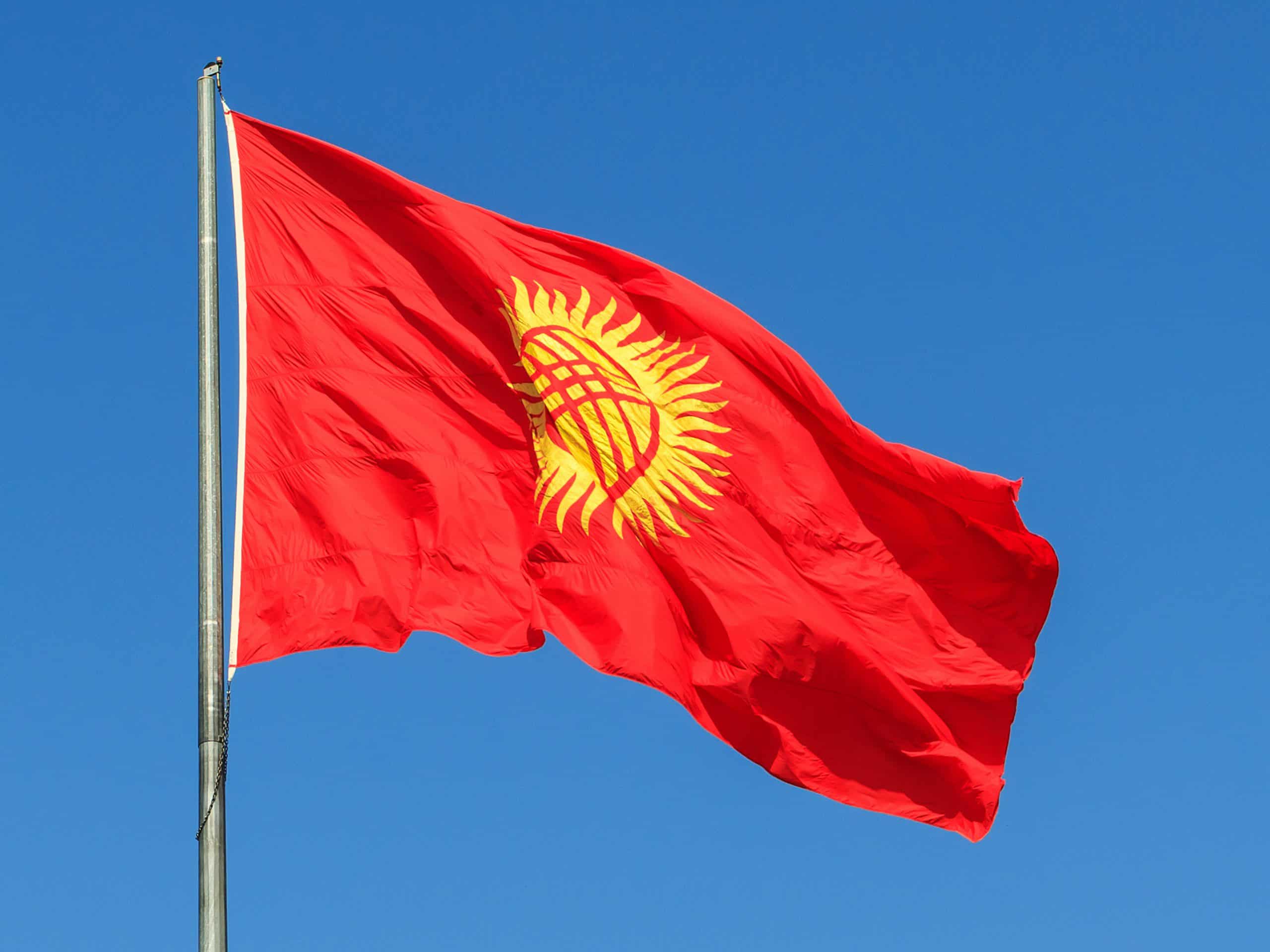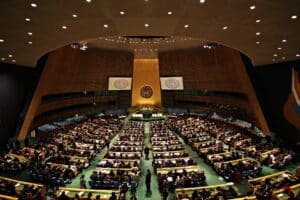On April 18th President Sooronbai Jeenbekov dismissed the cabinet of Prime Minister Sapar Isakov after parliament passed a no-confidence motion against the government. The vote was initiated by the opposition after fierce criticism of the cabinet’s 2017 annual report. The ruling Social Democratic Party (SDPK) , of which both prime minster and president are members, suddenly withdrew its support for the prime minister. Isakov has been a close ally of ex-President Atambaev. Although Atambaev supported Jeenbekov during the elections, after he left office he became critical of the new ruler. In reaction to growing criticism, Jeenbekov ousted several former Atambaev era officials, signaling a power struggle between the two men in a country that only had its first competitive election in 2015.
Power struggle
On April 18th President Sooronbai Jeenbekov dismissed the cabinet of Prime Minister Sapar Isakov after parliament passed a no-confidence motion against the government. The vote was initiated by the opposition after fierce criticism of the cabinet’s 2017 annual report. The ruling Social Democratic Party (SDPK) , of which both prime minster and president are members, suddenly withdrew its support for the prime minister. Isakov has been a close ally of ex-President Atambaev. Although Atambaev supported Jeenbekov during the elections, after he left office he became critical of the new ruler. In reaction to growing criticism, Jeenbekov ousted several former Atambaev era officials, signaling a power struggle between the two men in a country that only had its first competitive election in 2015.
Young democracy
The struggle between the two men comes after the first peaceful transition of the presidency in Kyrgyzstan since the 2010 revolution. The period following the revolution was marked by violence between ethnic Kyrgyz and Uzbeks in southern Kyrgyzstan and widespread unrest. The country held in the summer of 2010 a constitutional referendum in order to reduce the power of the presidency and give the prime minister the executive power in the country. The 2015 parliamentary election and 2017 presidential election were both seen by the OSCE as ‘’ “lively and competitive” and “unique in this region’’. The strive between the two men will test the strength of this new democracy.



